Home / home / Dense Fog and Cold Wave Grip Delhi: Flight Delays and Poor Air Quality Cause Woes
Dense Fog and Cold Wave Grip Delhi: Flight Delays and Poor Air Quality Cause Woes
By: My India Times
4 minutes read 93Updated At: 2025-01-03

Delhi Weather Update: Delhi Records Wettest November in 122 Years as Nationwide Rainfall Hits 2013 Levels The national capital on January 3 morning woke up to a thick layer of fog as visibility dropped in most parts of Delhi and North India. Adding to the woes, this dense fog has further aggravated the persistent cold wave, making it very dangerous especially for road users. The IMD has forecasted that severe and Cold wave conditions would prevail for the following two days and dense fog would remain. The thick fog makes for an eerie sight
Flight Operations Affected: With the thick fog reducing visibility to dangerous levels, Delhi International Airport issued an advisory urging passengers to check their flight status with airlines before heading to the airport. The advisory, issued at 6:35 am, noted that although flight operations were normal initially, the low visibility could lead to delays as the day progresses. Travelers were advised to remain in constant contact with their airlines for real-time updates. The situation at the airport mirrors the conditions on major roads across the city, where commuters faced major challenges navigating through the foggy streets.
Key Areas Affected by Dense Fog: Thick fog enveloped most parts of the national capital, including Akshardham, Lodhi Road and Shankar Road, in early morning hours. Crossing the roads was risky in light of the low visual range, for vehicles couldn't achieve their speed also keep the road safe on same side. Drivers have also adopted the attitude that the fog is not as bad as it truly is, and accidents are often higher in these types of weather conditions. Roads were also difficult to cross, as pedestrians struggled to navigate near-zero visibility. The reduced visibility poses an increased risk to both road and air travel.
IMD’s Cold Wave Warning: The India Meteorological Department has confirmed that the cold wave gripping Delhi is expected to persist for at least two more days. Dense to very dense fog will continue to affect the capital, limiting visibility even further in the coming hours. However, a slight increase in temperature is anticipated once the fog clears, though this respite may not be immediate. The thick fog also plays a significant role in trapping pollutants, contributing to the already poor air quality in Delhi. Experts have warned that such weather conditions could exacerbate the health risks associated with prolonged exposure to pollution, especially for those with respiratory conditions.
Health Risks and Air Quality Alert: Delhi's air quality index (AQI) remains in the 'very poor' category, recording a level of 223 early Friday morning. This marks the fourth consecutive day that Delhi's air has been categorized as ‘very poor’, with no sign of immediate improvement. Prolonged exposure to such levels of pollution can cause significant health risks, particularly for the elderly, children, and individuals with pre-existing health conditions. The thick fog is only making matters worse by trapping pollutants close to the ground, intensifying the effects of the city's air quality crisis.
Safety Tips for Commuters and Residents: With dense fog, a cold wave, and high pollution levels affecting daily life, Delhi residents are advised to take extra precautions. Commuters should reduce their speed when driving and use fog lights for better visibility. It's crucial to maintain a safe distance from other vehicles on the road. Authorities are urging people to limit outdoor activities, especially during the morning and evening hours, when the fog is at its densest. Wearing masks is also highly recommended, as it helps protect against inhaling the toxic air. For people with asthma or other respiratory issues, staying indoors or seeking medical attention if symptoms worsen is strongly advised.
Impacts on Daily Life: Beyond the obvious travel disruptions, the combination of fog, cold, and pollution is also affecting other aspects of daily life in Delhi. Schools and colleges in the city may experience delays in opening or adjustments to schedules to ensure the safety of students. Many workers have reported being unable to get to their offices on time, and businesses are experiencing disruptions due to the reduced foot traffic and the challenges of travel. The situation has also caused stress for medical facilities, which are already dealing with an uptick in cases related to respiratory issues. In fact, doctors have warned that prolonged exposure to such polluted air can worsen conditions like bronchitis, asthma, and other chronic respiratory diseases.
Looking Ahead: While the IMD has confirmed that the dense fog will persist in Delhi for the next couple of days, there is some hope for relief as temperatures may rise slightly once the fog clears. However, the air quality is expected to remain poor, with only marginal improvements anticipated in the coming week. Experts are calling for increased efforts to address Delhi’s pollution problem, particularly through stricter enforcement of emission controls and the implementation of policies that reduce vehicular and industrial emissions.
As Delhi continues to grapple with this weather event, residents are urged to exercise patience and take necessary precautions to ensure their safety and well-being during this challenging period.
....
Delhi Weather Update: Delhi Records Wettest November in 122 Years as Nationwide Rainfall Hits 2013 Levels The national capital on January 3 morning woke up to a thick layer of fog as visibility dropped in most parts of Delhi and North India. Adding to the woes, this dense fog has further aggravated the persistent cold wave, making it very dangerous especially for road users. The IMD has forecasted that severe and Cold wave conditions would prevail for the following two days and dense fog would remain. The thick fog makes for an eerie sight
Flight Operations Affected: With the thick fog reducing visibility to dangerous levels, Delhi International Airport issued an advisory urging passengers to check their flight status with airlines before heading to the airport. The advisory, issued at 6:35 am, noted that although flight operations were normal initially, the low visibility could lead to delays as the day progresses. Travelers were advised to remain in constant contact with their airlines for real-time updates. The situation at the airport mirrors the conditions on major roads across the city, where commuters faced major challenges navigating through the foggy streets.
Key Areas Affected by Dense Fog: Thick fog enveloped most parts of the national capital, including Akshardham, Lodhi Road and Shankar Road, in early morning hours. Crossing the roads was risky in light of the low visual range, for vehicles couldn't achieve their speed also keep the road safe on same side. Drivers have also adopted the attitude that the fog is not as bad as it truly is, and accidents are often higher in these types of weather conditions. Roads were also difficult to cross, as pedestrians struggled to navigate near-zero visibility. The reduced visibility poses an increased risk to both road and air travel.
IMD’s Cold Wave Warning: The India Meteorological Department has confirmed that the cold wave gripping Delhi is expected to persist for at least two more days. Dense to very dense fog will continue to affect the capital, limiting visibility even further in the coming hours. However, a slight increase in temperature is anticipated once the fog clears, though this respite may not be immediate. The thick fog also plays a significant role in trapping pollutants, contributing to the already poor air quality in Delhi. Experts have warned that such weather conditions could exacerbate the health risks associated with prolonged exposure to pollution, especially for those with respiratory conditions.
Health Risks and Air Quality Alert: Delhi's air quality index (AQI) remains in the 'very poor' category, recording a level of 223 early Friday morning. This marks the fourth consecutive day that Delhi's air has been categorized as ‘very poor’, with no sign of immediate improvement. Prolonged exposure to such levels of pollution can cause significant health risks, particularly for the elderly, children, and individuals with pre-existing health conditions. The thick fog is only making matters worse by trapping pollutants close to the ground, intensifying the effects of the city's air quality crisis.
Safety Tips for Commuters and Residents: With dense fog, a cold wave, and high pollution levels affecting daily life, Delhi residents are advised to take extra precautions. Commuters should reduce their speed when driving and use fog lights for better visibility. It's crucial to maintain a safe distance from other vehicles on the road. Authorities are urging people to limit outdoor activities, especially during the morning and evening hours, when the fog is at its densest. Wearing masks is also highly recommended, as it helps protect against inhaling the toxic air. For people with asthma or other respiratory issues, staying indoors or seeking medical attention if symptoms worsen is strongly advised.
Impacts on Daily Life: Beyond the obvious travel disruptions, the combination of fog, cold, and pollution is also affecting other aspects of daily life in Delhi. Schools and colleges in the city may experience delays in opening or adjustments to schedules to ensure the safety of students. Many workers have reported being unable to get to their offices on time, and businesses are experiencing disruptions due to the reduced foot traffic and the challenges of travel. The situation has also caused stress for medical facilities, which are already dealing with an uptick in cases related to respiratory issues. In fact, doctors have warned that prolonged exposure to such polluted air can worsen conditions like bronchitis, asthma, and other chronic respiratory diseases.
Looking Ahead: While the IMD has confirmed that the dense fog will persist in Delhi for the next couple of days, there is some hope for relief as temperatures may rise slightly once the fog clears. However, the air quality is expected to remain poor, with only marginal improvements anticipated in the coming week. Experts are calling for increased efforts to address Delhi’s pollution problem, particularly through stricter enforcement of emission controls and the implementation of policies that reduce vehicular and industrial emissions.
As Delhi continues to grapple with this weather event, residents are urged to exercise patience and take necessary precautions to ensure their safety and well-being during this challenging period.
By: My India Times
Updated At: 2025-01-03
Tags: home News | My India Times News | Trending News | Travel News
Join our WhatsApp Channel

Similiar News
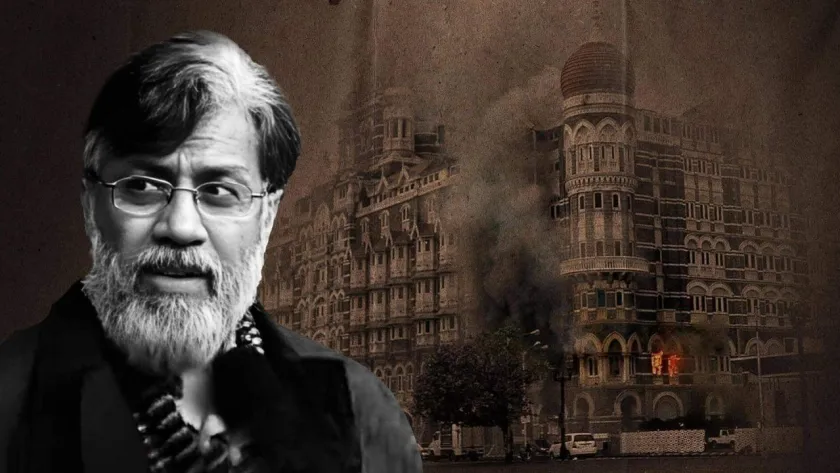
US Supreme Court Rejects 26/11 Accused Tahawwur Rana’s Plea to Block Extradition to India
2025-03-08



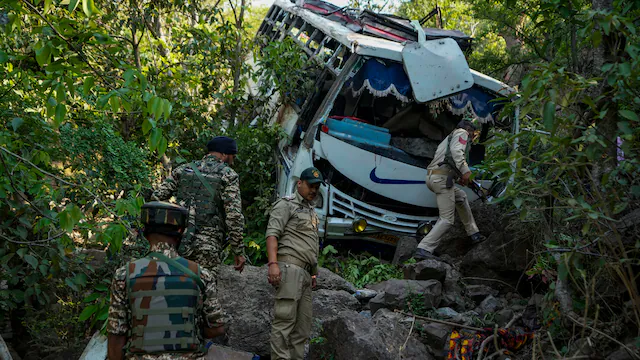



















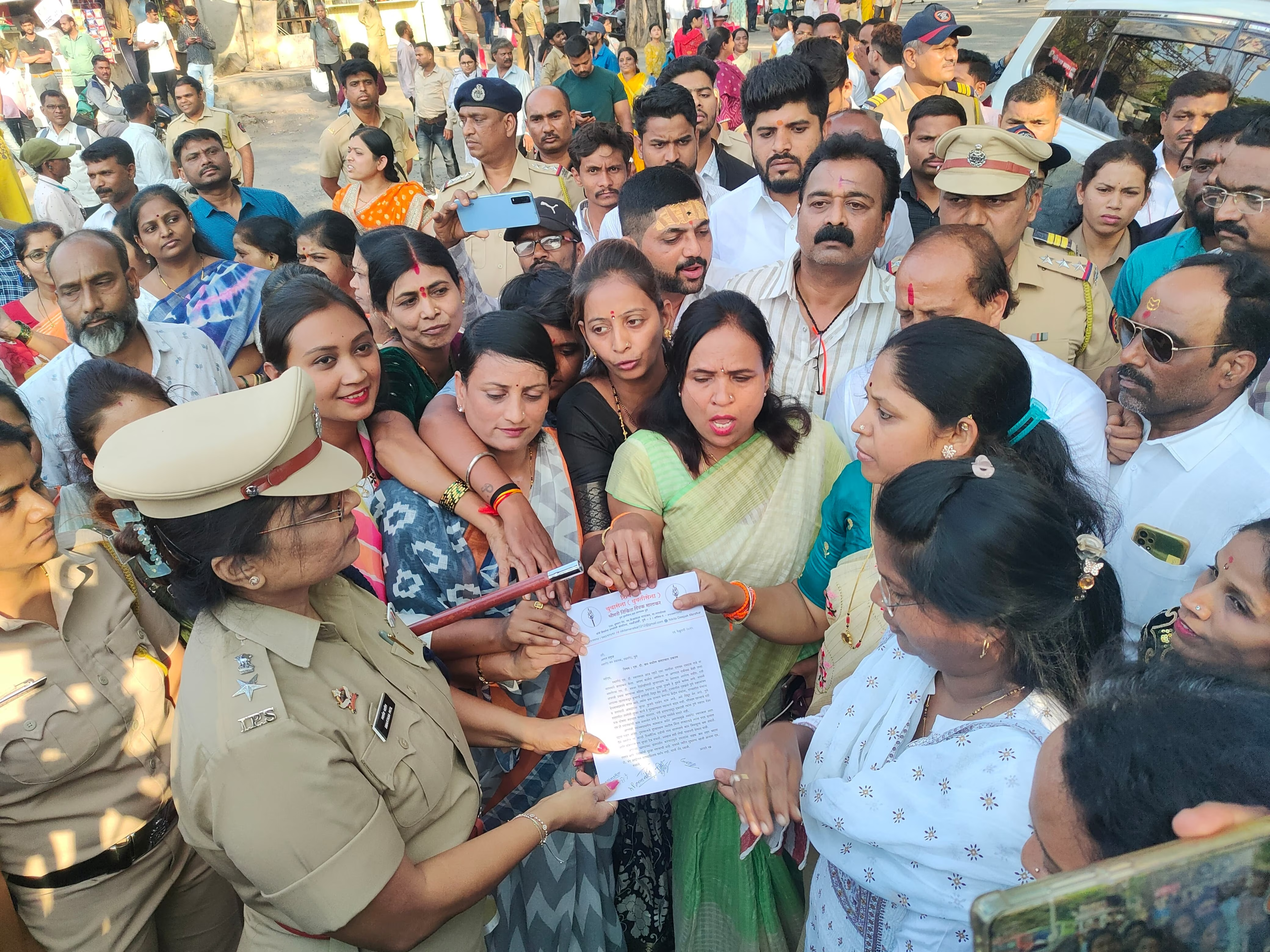



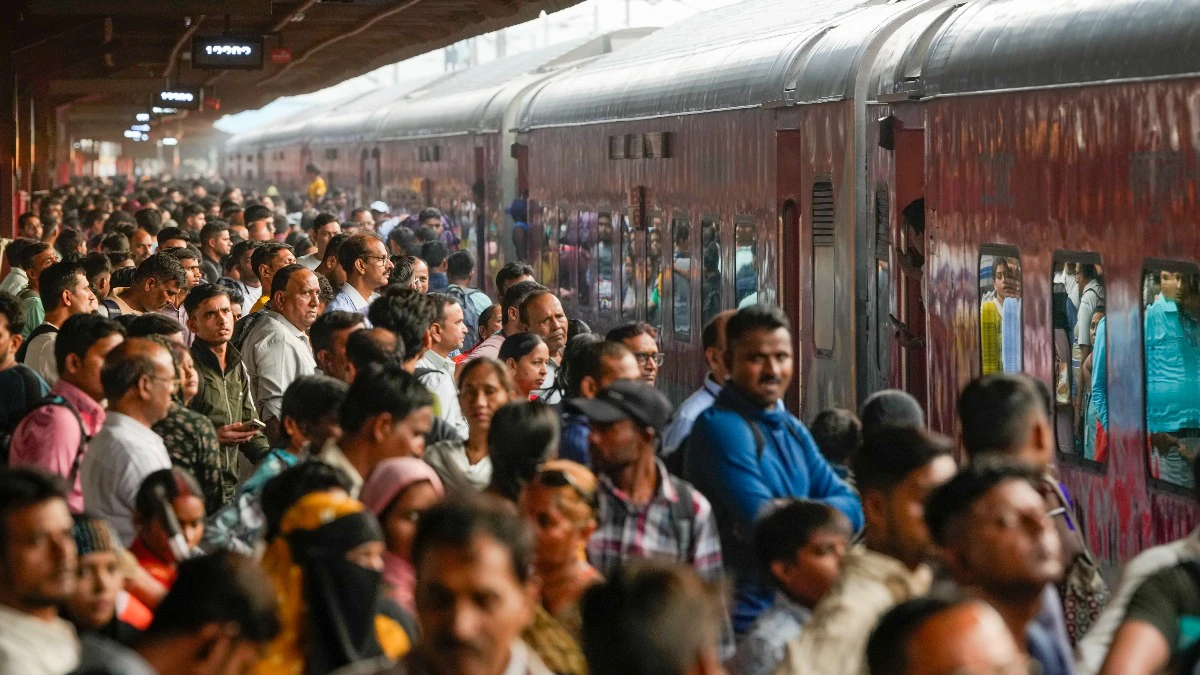
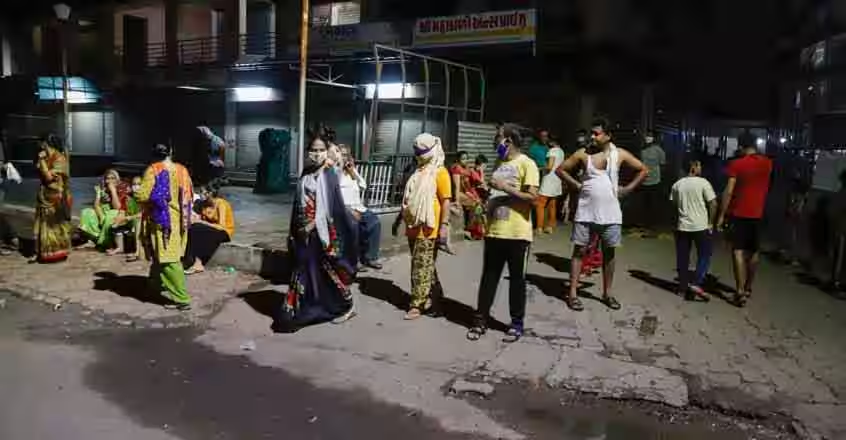














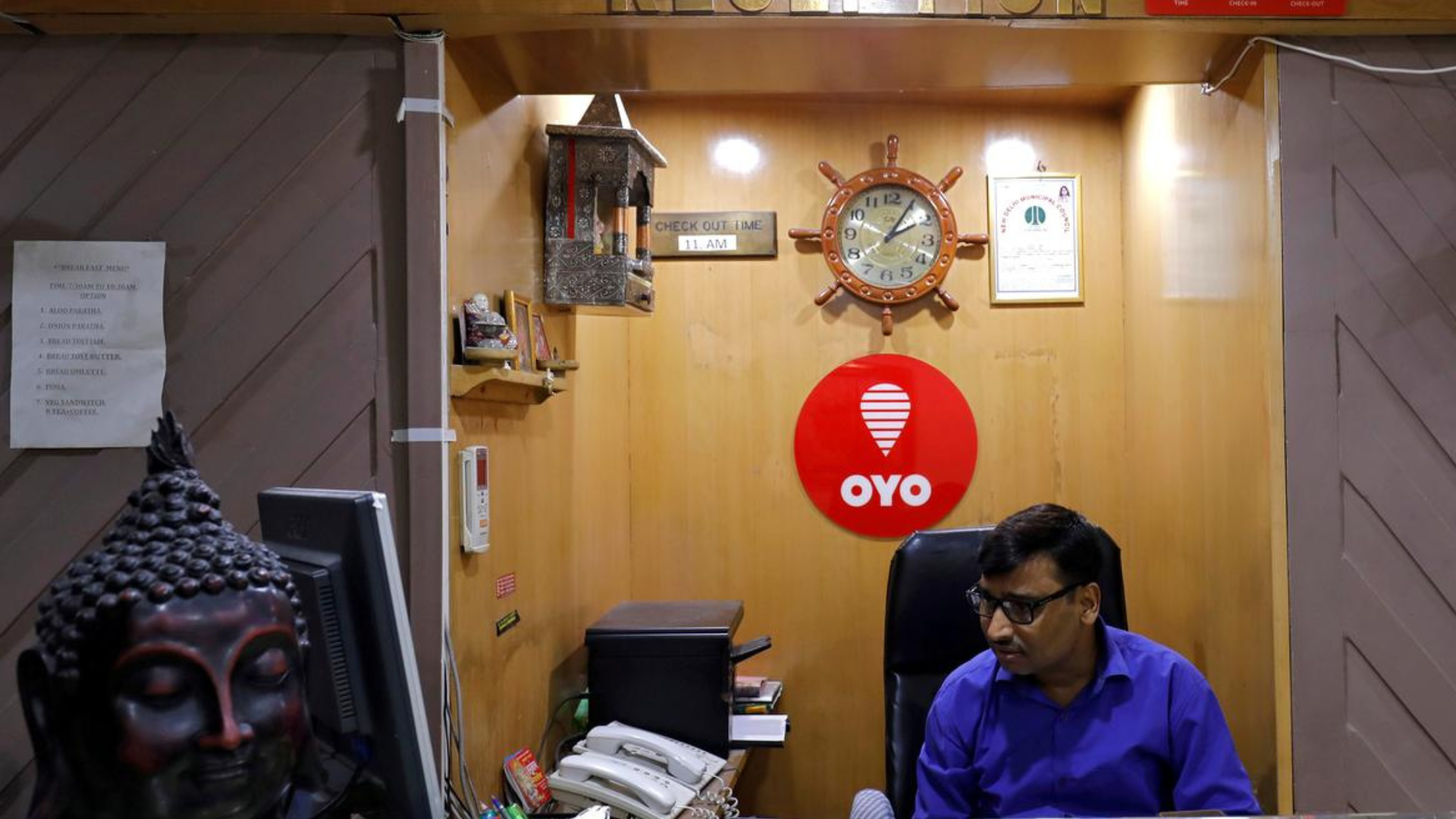

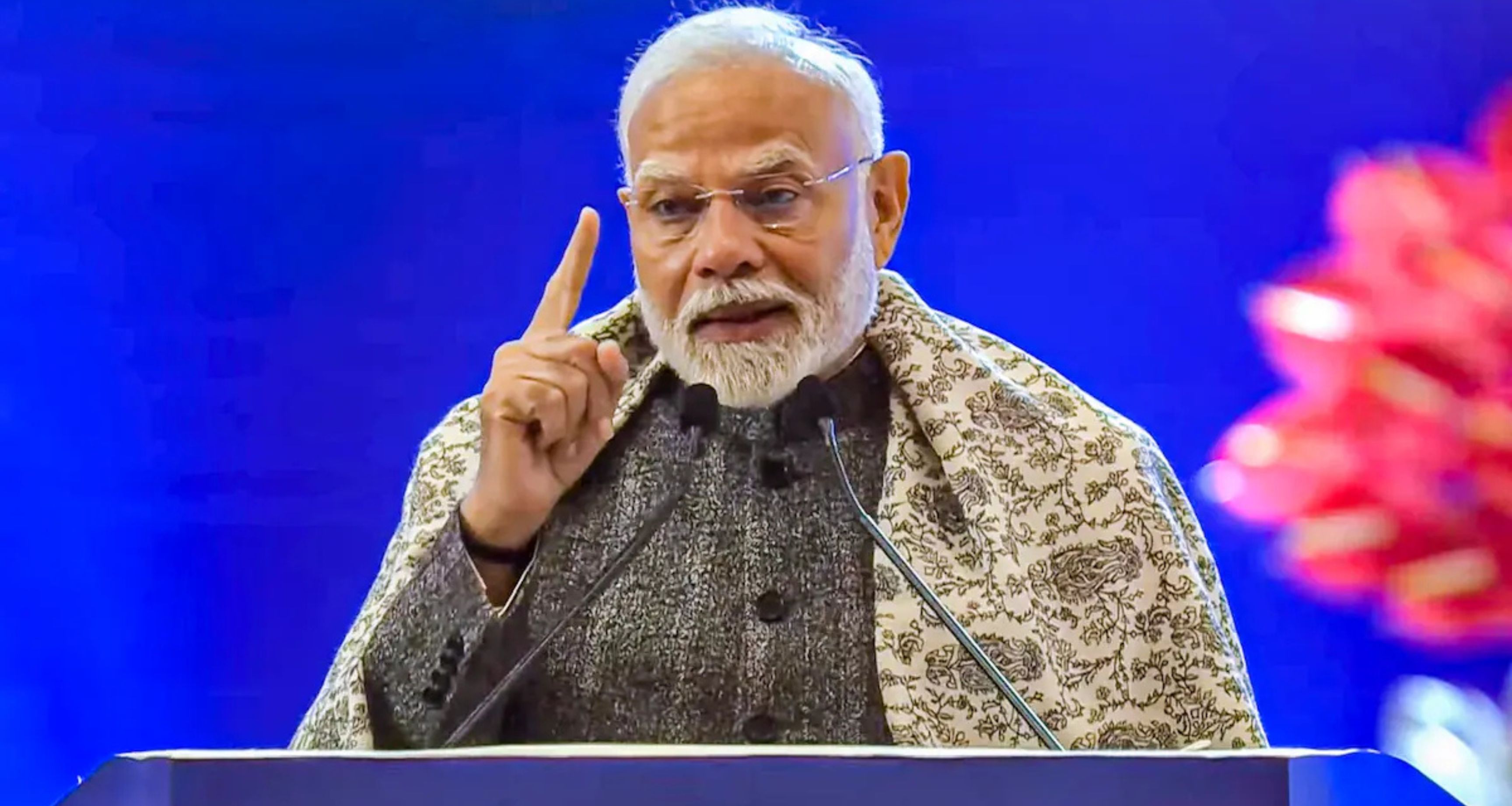
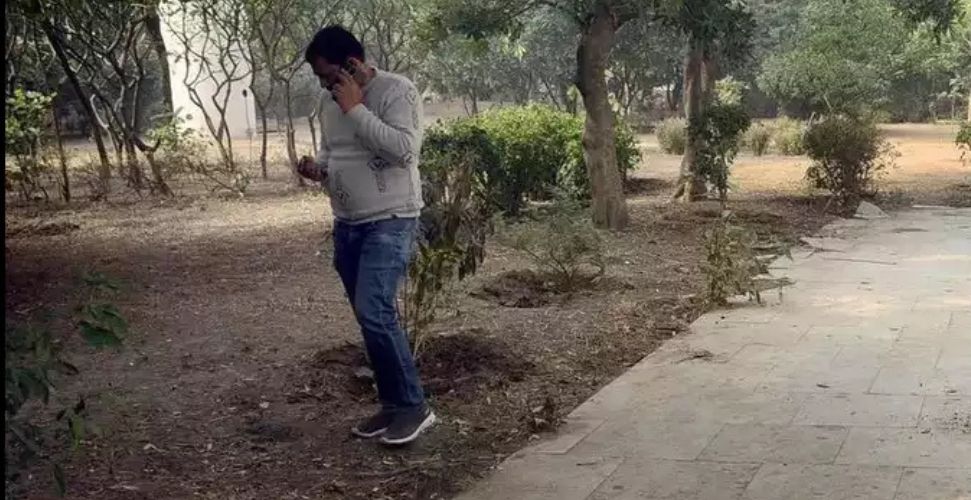

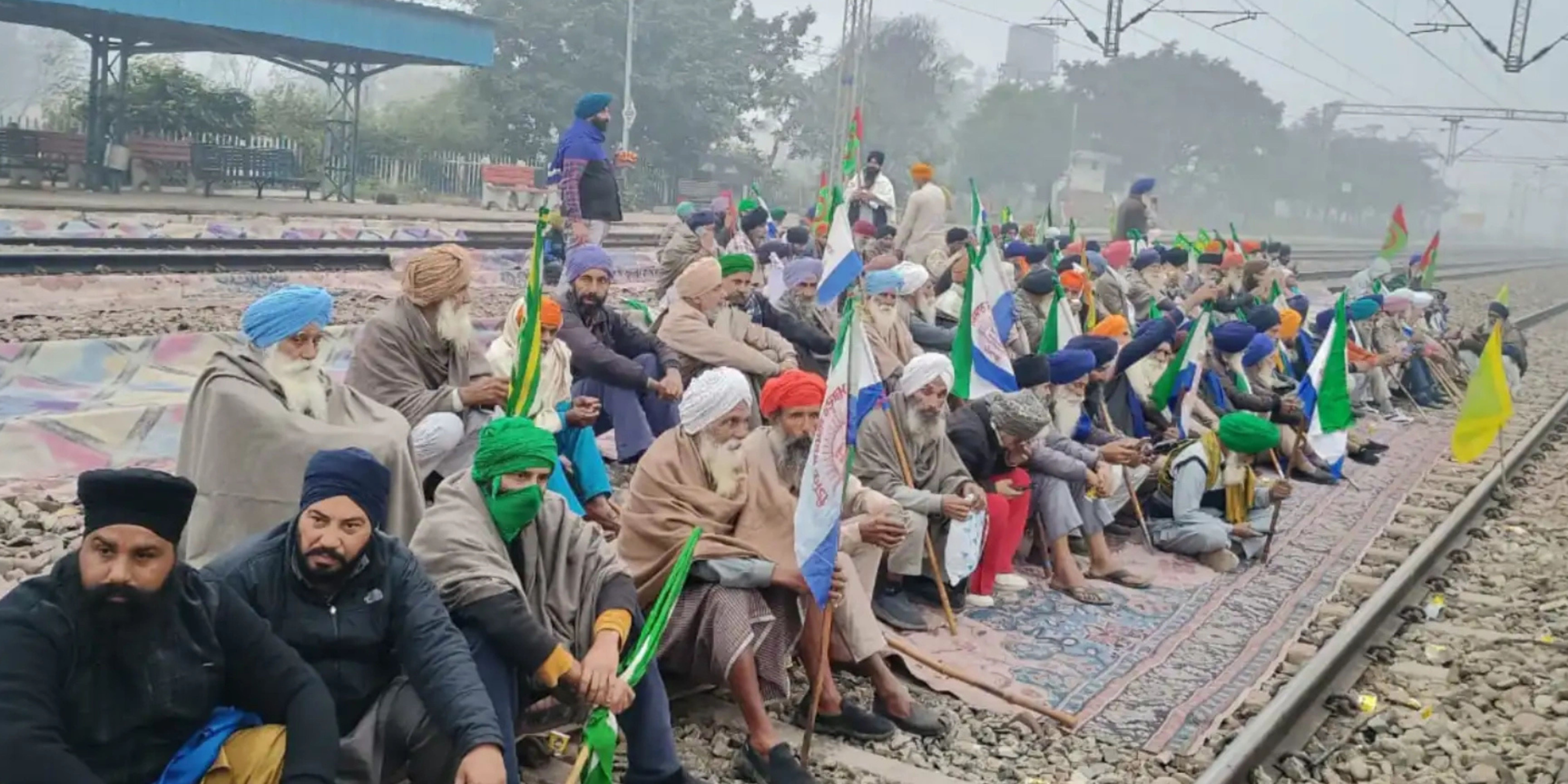
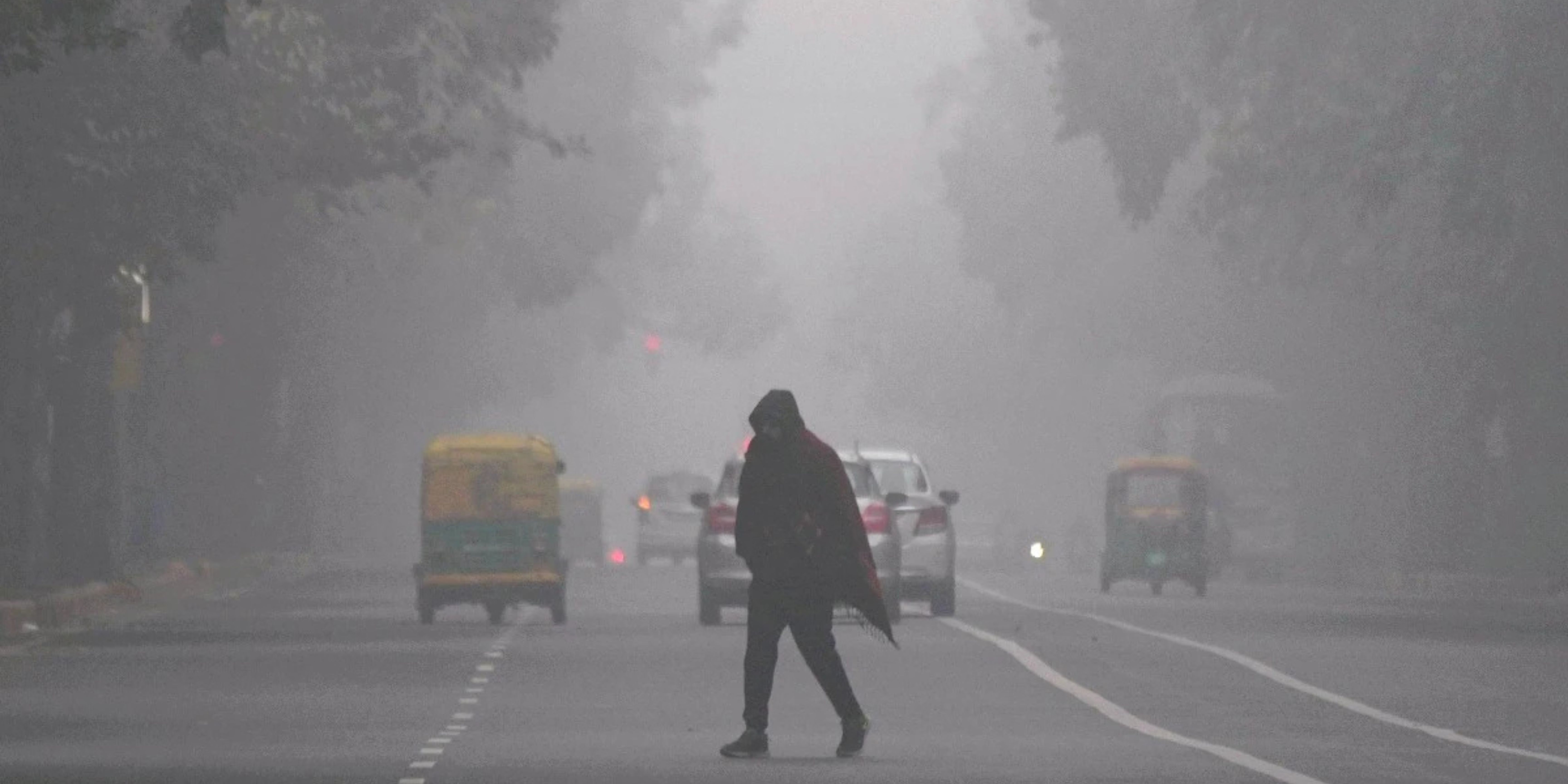


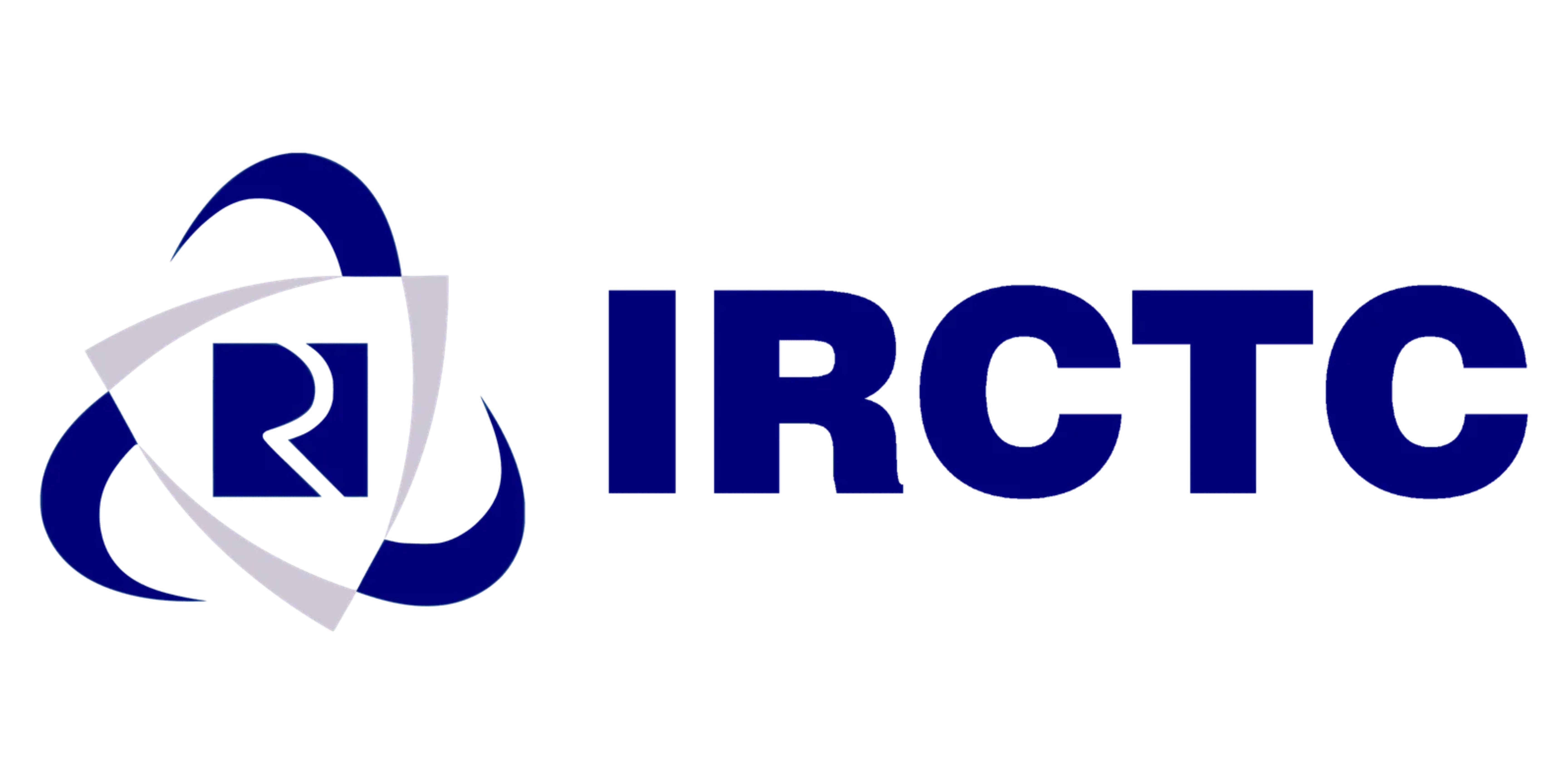

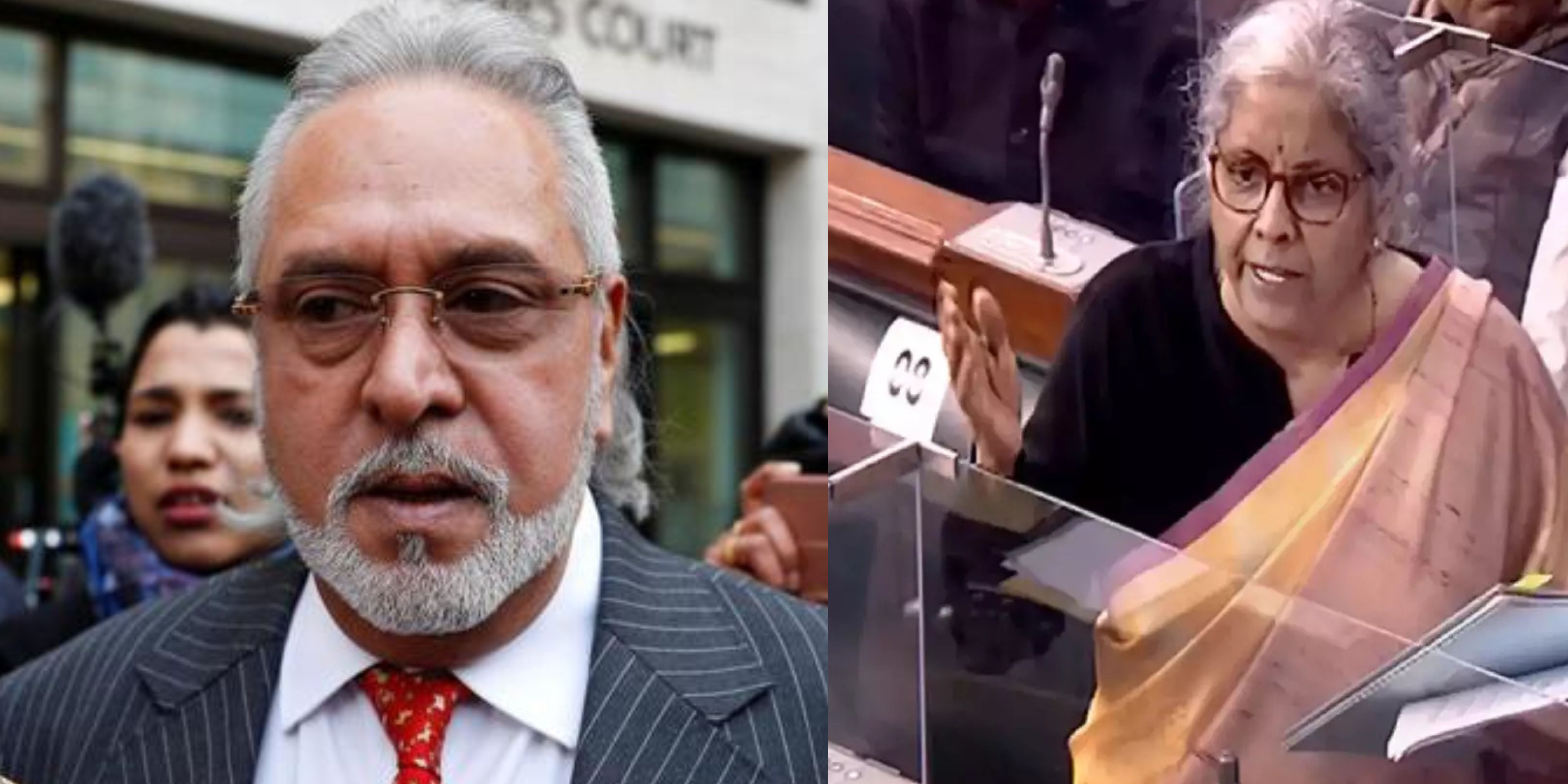

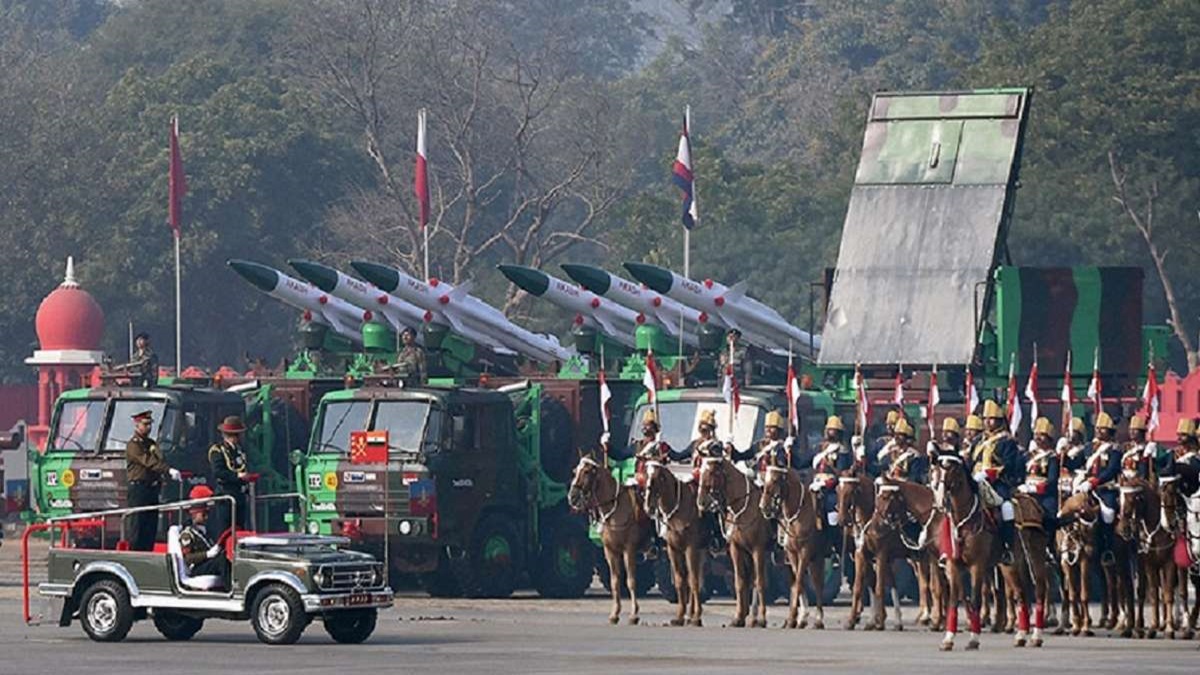

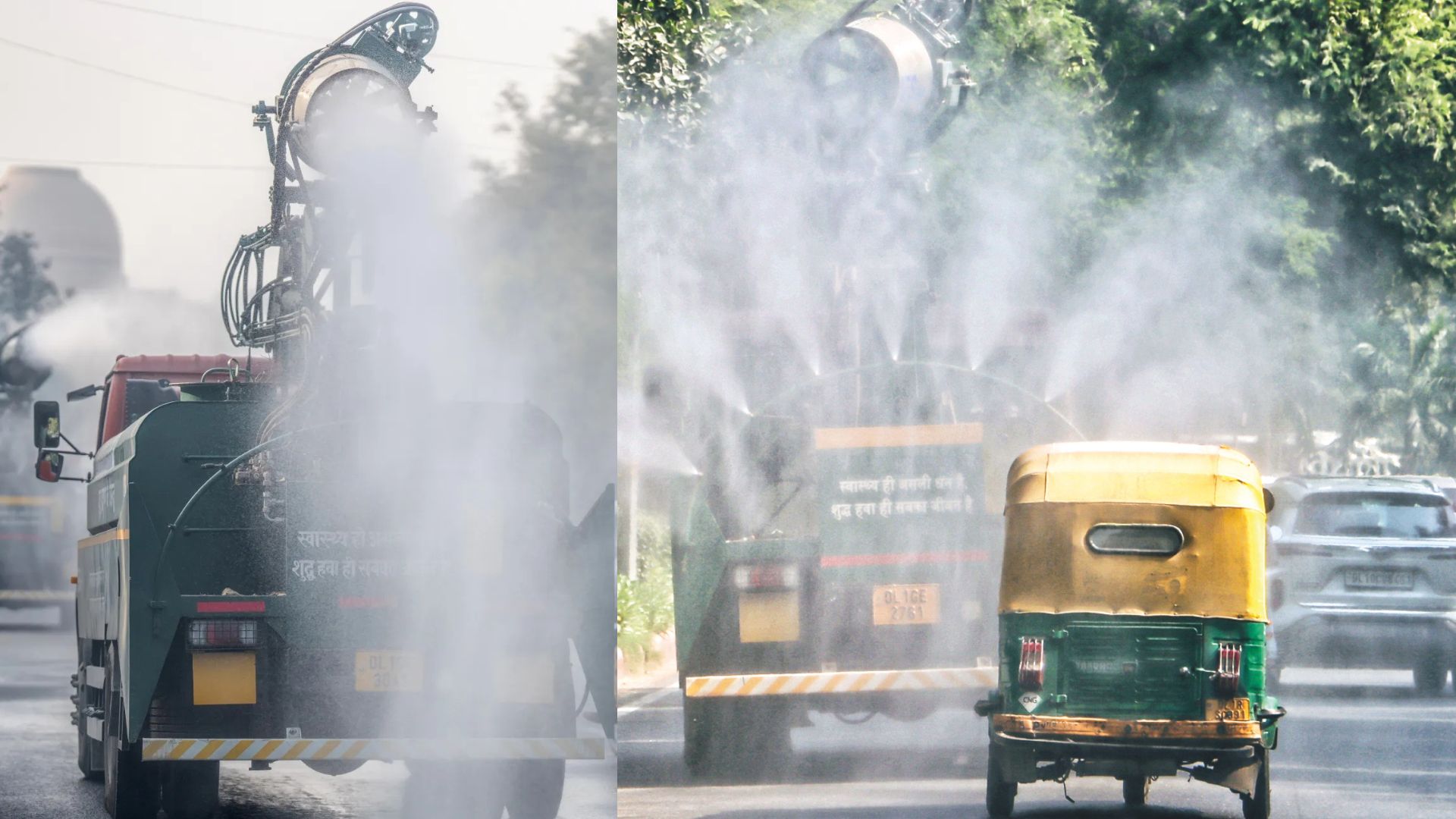
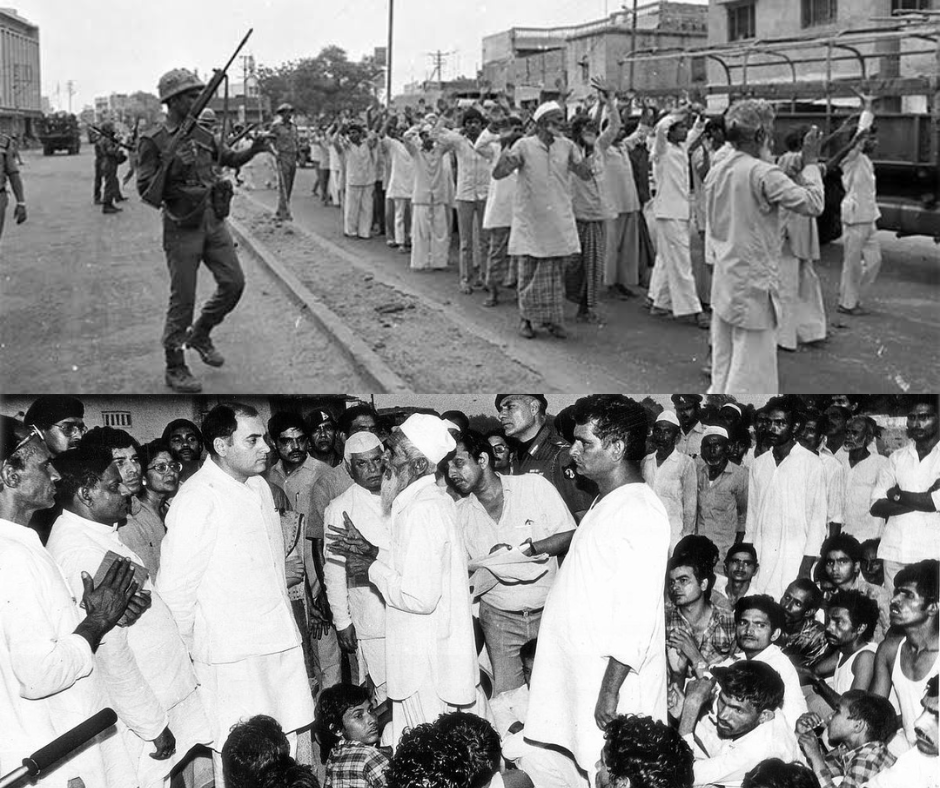
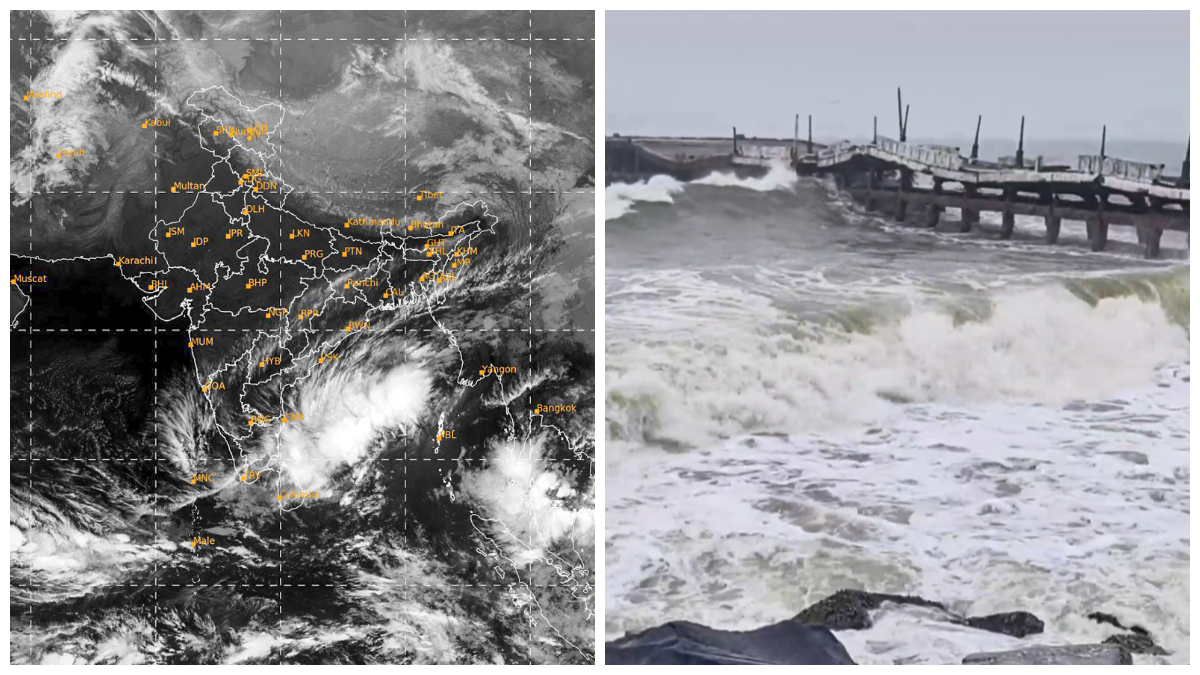



.jfif)
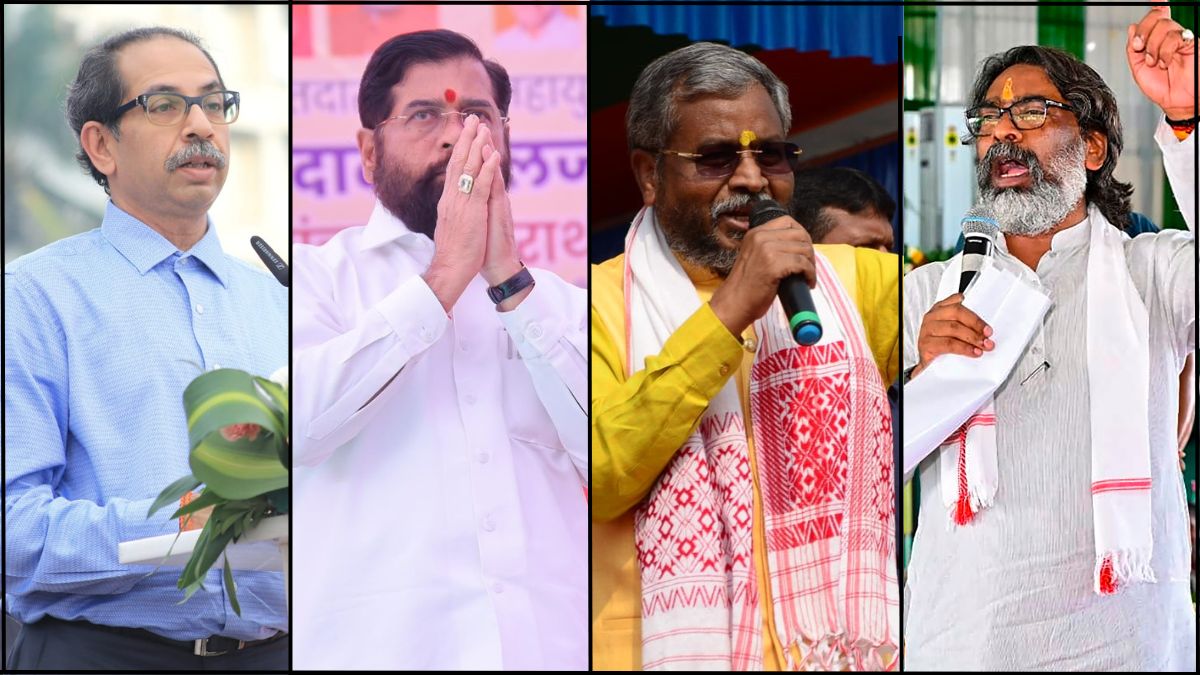


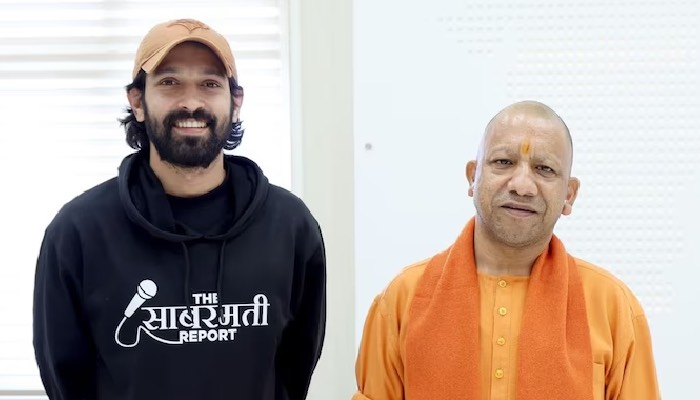

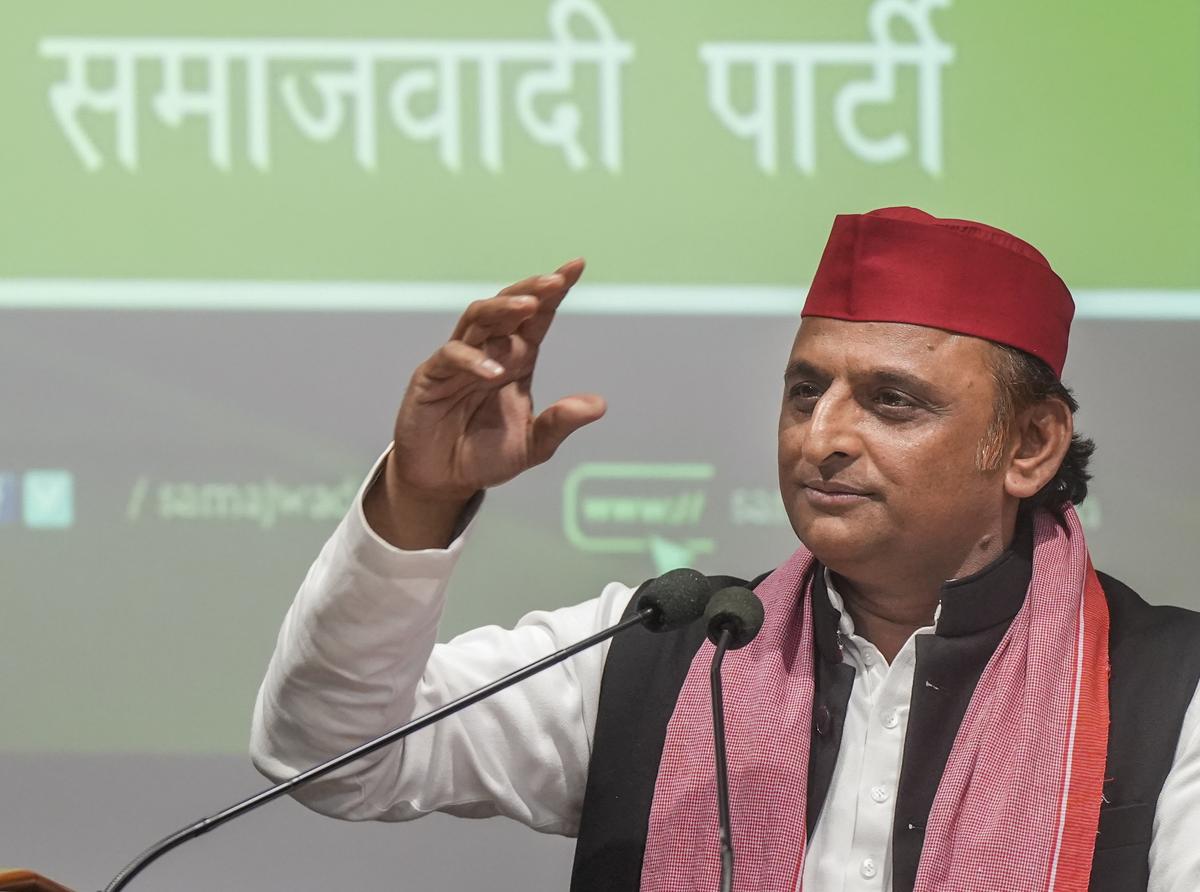



.jpg)



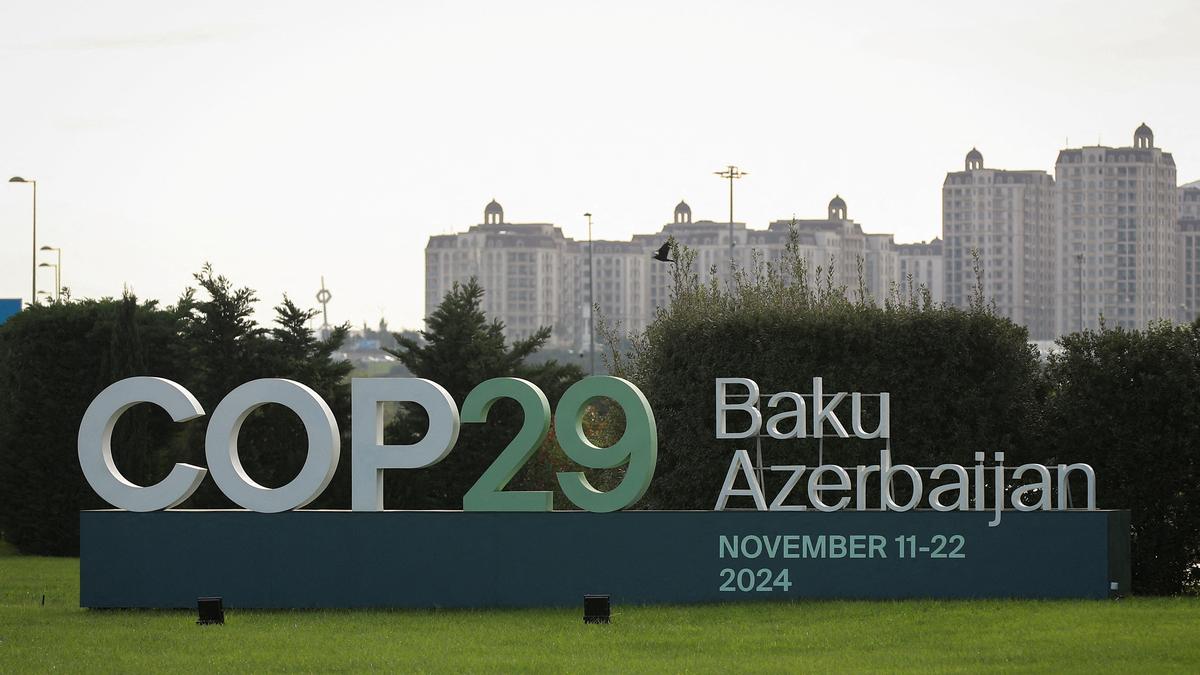

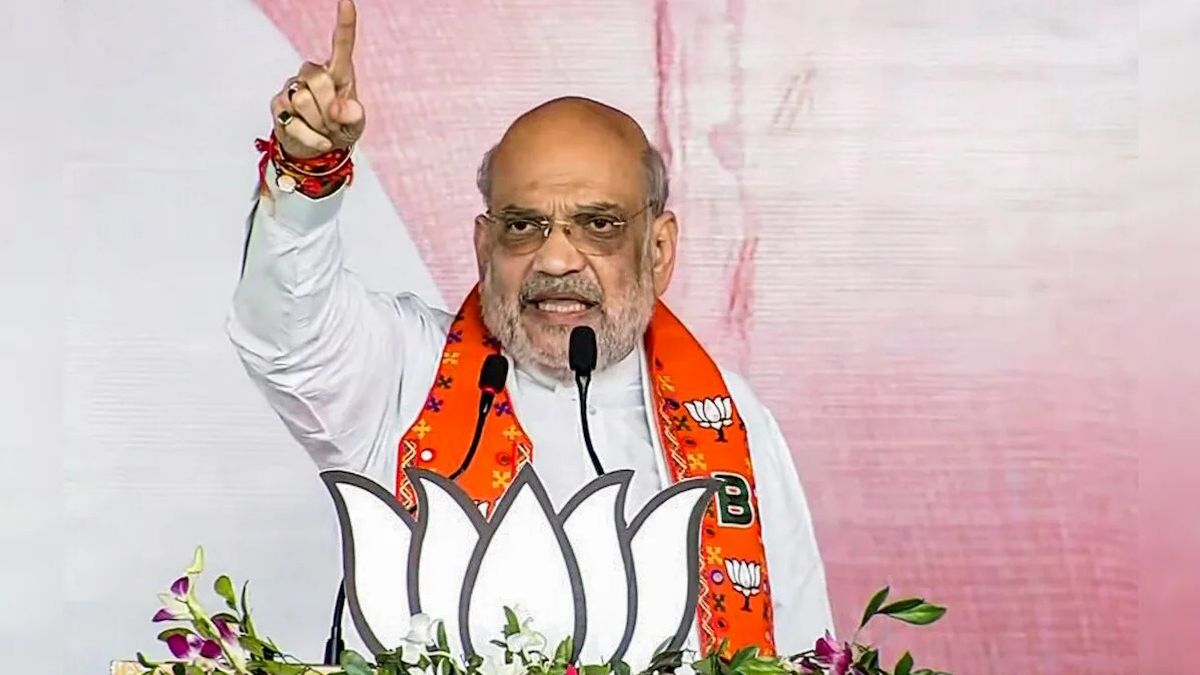
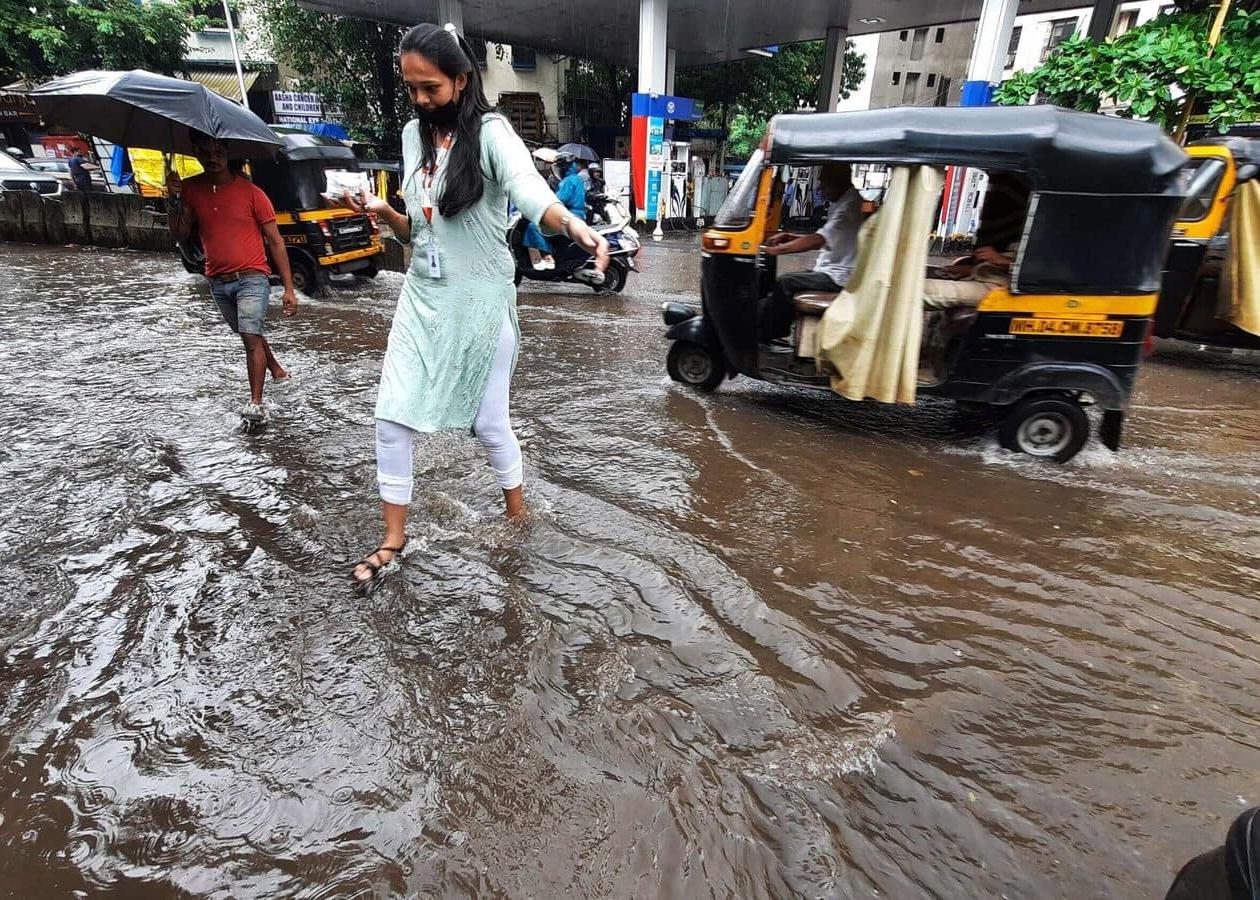
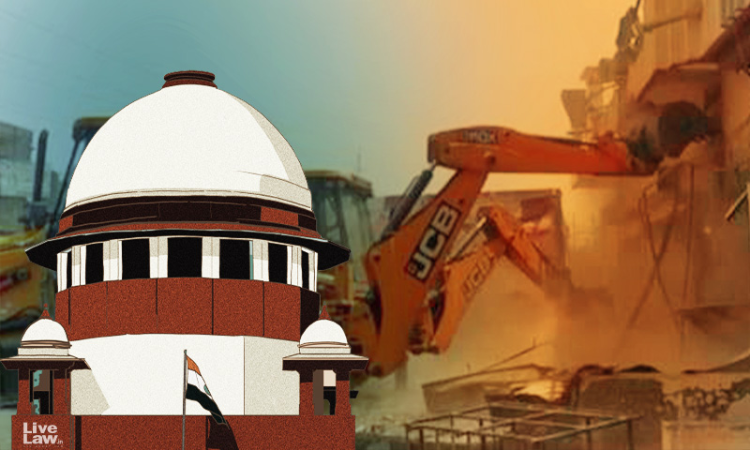
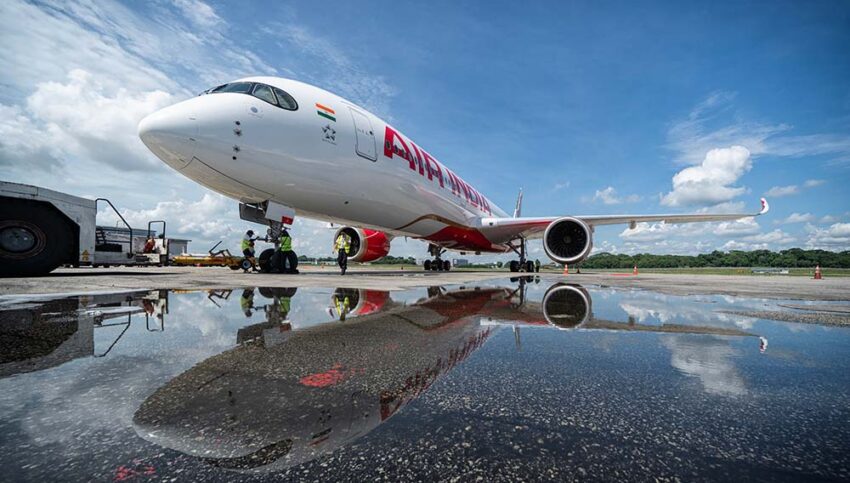
























































































.png)
 (1).png)























